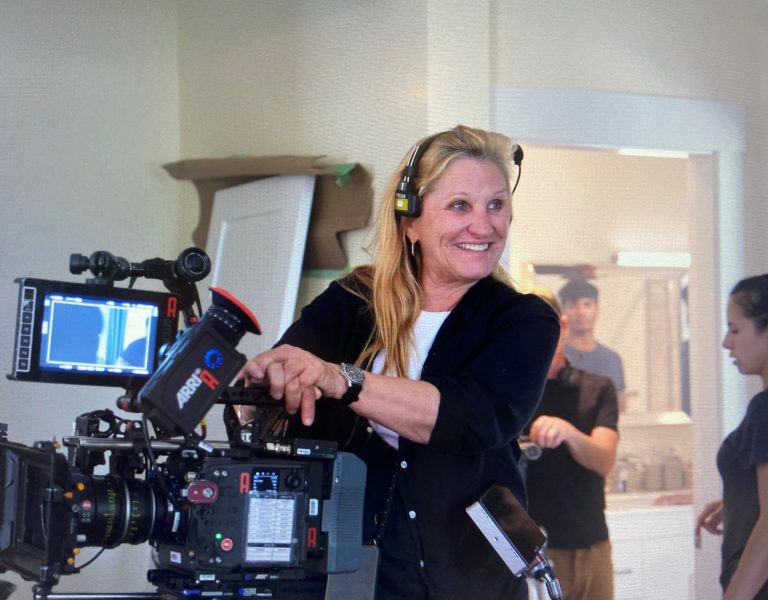Our work-life balance has been under scrutiny since the pandemic and it’s high time for some productions to start valuing crews’ efforts.
The general media is beginning to become very exercised about their perception that the younger part of the nation’s workforce is becoming very ardent in their pursuit of a better work-life balance. Time to spend on oneself and family. Intolerance of shouty, bullying line managers. Even the shouty chef stereotype has disappeared (or rather is now appearing on ‘reality’ television).
The enforced rest of the last two years has shown us all that there are other things than the rat race. Maybe the years of exploitation and bullying has made the older contingent of the workforce more used to this sort of abusive treatment, but they are just as anxious to see their work-life balance improved.
Many of the more active members of BECTU and some of those who found a new voice during lockdown spent many Zoom meetings to draw together a comprehensive roster of terms and conditions that would lead to a more amenable life in the film and television industry. The results of all this work gave rise to policy documents that will inform the actions over the next few years to further the interests of all the workforce. Whenever it has been appropriate, the negotiators who speak for the rank and file have used these policies to guide their claims for reduced hours, stronger disincentives to work overtime and more secure rest periods.
Recent efforts to publish these ideas more widely has met with much approval from all corners of the business. Limiting shooting hours would benefit all departments. The idea that tougher conditions for long and late shoots will make productions think twice and schedule more considerately is behind many of the terms that the negotiators are claiming. A crew thus considered will work better and more efficiently. Respecting the workforce in this way improves not just the working environment but the product itself.
It is in this context that the notion among producers, that they feel the need to specify in writing in their contracts and agreements that the workforce should be ready to work at call time and that anything done to further this aim should not be paid for, shows that they have a complete and utter lack of respect for their crews. They even go further in thinking that setting up one’s equipment is not work. The increasing prevalence of
this attitude over the past five years has led to a worsening of the atmosphere in the workplace and a deterioration in the relationship with production. Although productions have noticed this downturn, their approach to dealing with this issue is to double-down and make the problem worse.
It is in this lack of respect that the workforce finds the key to the way they are treated. The general attitude that they are not the professionals that they so obviously are is the wall of intransigence that they face every day. There is a feeling within production that they have no need to improve conditions because there is no pressure on them to make any improvements. It is pressure from a much-maligned workforce that needs to be made apparent in order to even begin to make any change and that pressure has to come sooner rather than later.

















